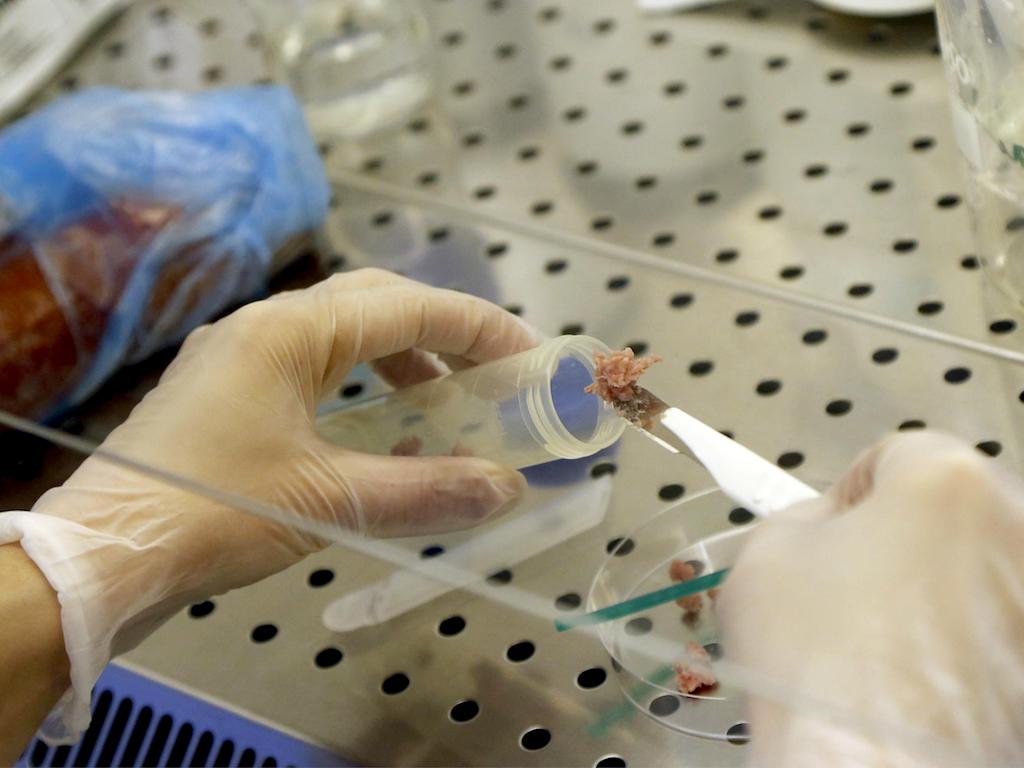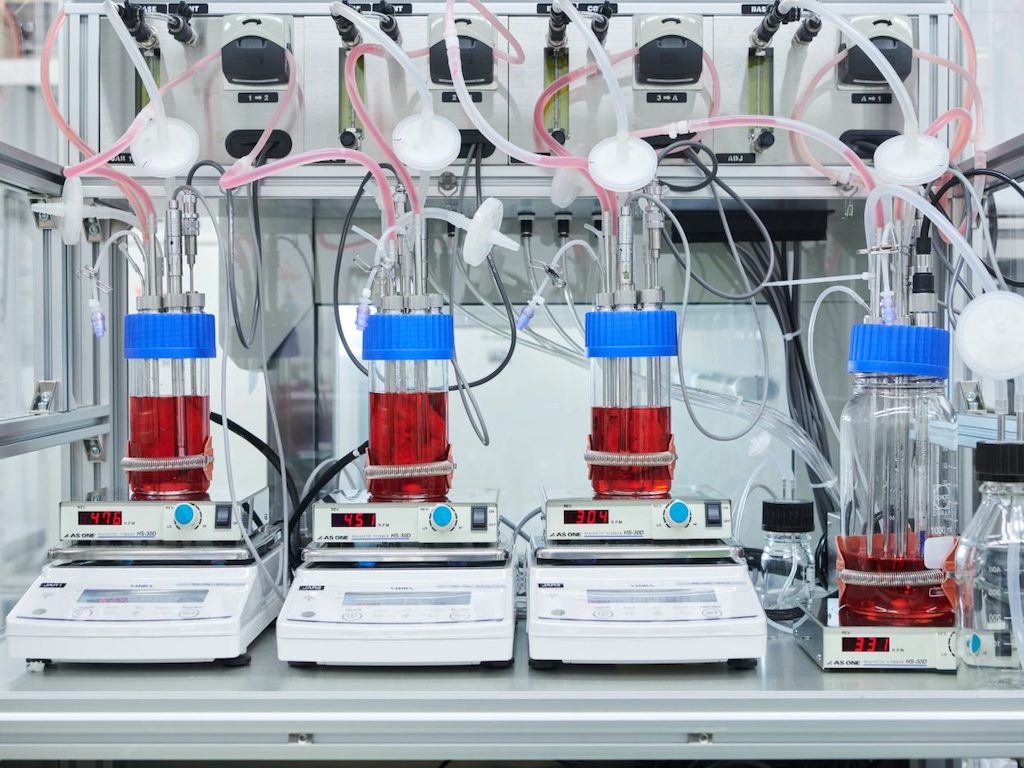3 Mins Read
Cultivated and other alternative proteins will soon have rules drawn up by Japan’s Agriculture, Forestry and Fisheries Ministry. The announcement comes as food security concerns continue to loom large amid the coronavirus pandemic, on top of increasing awareness of the unsustainable nature of traditional livestock production.
Reported by The Yomiuri Shimbun in June, Japanese authorities are now looking to establish new rules and regulations for meat alternative products developed using new food technologies such as cellular agriculture and plant-based proteins. The Agriculture, Forestry and Fisheries Ministry is hoping to set safety standards to bolster consumer confidence in alternative proteins, which will help bolster Japan’s food self-sufficiency.
Earlier in April, the governmental body set up a food tech study group with startups, universities and research institutes. Using data from the group, the ministry hopes to compile a strategy for Japan’s next-generation protein sources, which will include slaughter-free cultivated protein, vegan-friendly plant-based protein as well as protein derived from insects, which is considered more sustainable but not slaughter-free.
In July, the Japanese authorities hope to join with the private sector to establish a brand new council to develop legislation for the industry, with the view to push forward mass industrialisation and production of alternative proteins in the country. Policies will include labelling and standardisation of specifications.

Read: 10 reasons why cultivated meat is the future of protein
Cultivated and plant-based meat have garnered a greater show of support in recent months, especially during the coronavirus pandemic, which has exposed the vulnerability of traditional animal agriculture, other animal-dependent industries and our entire global food supply chain.
But even prior to the pandemic crisis, cultivated meat and foods have been spotlighted as a key future food solution to battle the challenges that a climate-stricken planet of 10 billion by 2050 will bring.
The conventional animal meat and dairy industry generates around 18% of global greenhouse gas emissions, uses up 70% of agricultural land and in the process drives ecologically destructive practices such as deliberate deforestation that leads to mass biodiversity loss.
In the wake of the coronavirus crisis, Tokyo-based food tech IntegriCulture Inc. completed a funding round with ¥800 million (US$7.4 million), the largest Series A to date within the Asian cultivated food industry.

Read: First commercial cultivated food may happen in Asia, report says
The funding will be used to fund further research into cultivated protein, and go towards building the company’s first commercial-scale bioreactor within this year – a crucial step that could potentially propel the startup towards launching the first publicly available cultivated product in the world.
Nissin Foods and the University of Tokyo are also working on a project to grow cultivated meat, specifically lab-grown steak within the next five years. If regulatory frameworks are established in Japan, it could help cultivated companies begin mass production of thousands of tonnes in scale annually, which will have an enormous impact on stabilising Japan’s protein supply chain and slash greenhouse gas emissions.
Other governments across Asia are also looking at alternative proteins as a core part of their food security strategy. Last week, the Chinese national advisory body discussed cell-based meat development as a potential key to ensuring the future of China’s protein supply. Singapore’s government also announced a new S$30 million (US$21 million) fund to boost local food production to fend against external supply shocks, which will support food tech ventures working on local rooftop farms and plant-based and cultivated startups.
In the U.S., an Alliance for Meat, Poultry & Seafood Innovation comprised of 5 cultivated food tech companies was established in February to work with governmental bodies to determine regulation and labelling policies for cell-based meat.
Lead image courtesy of Memphis Meats.




